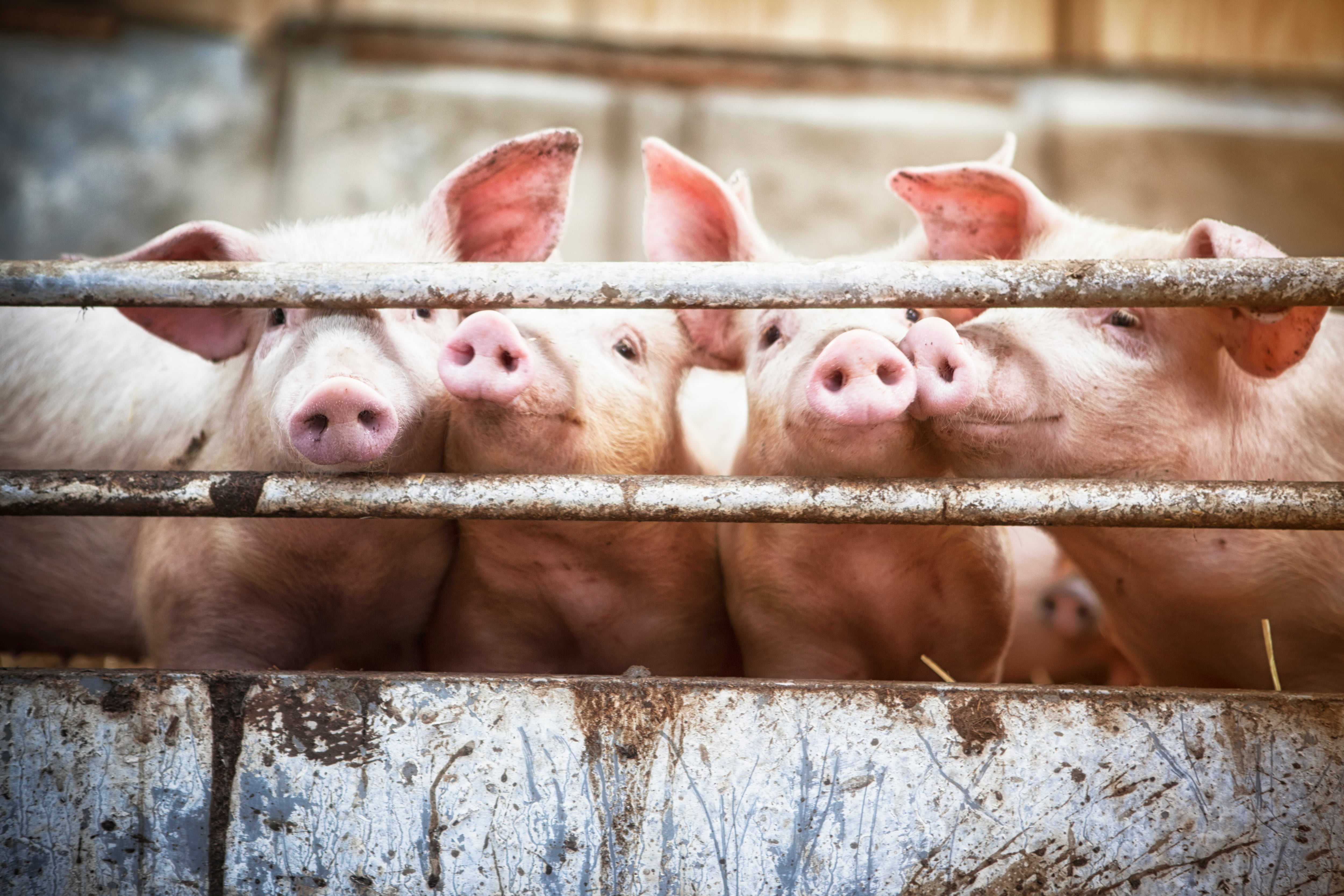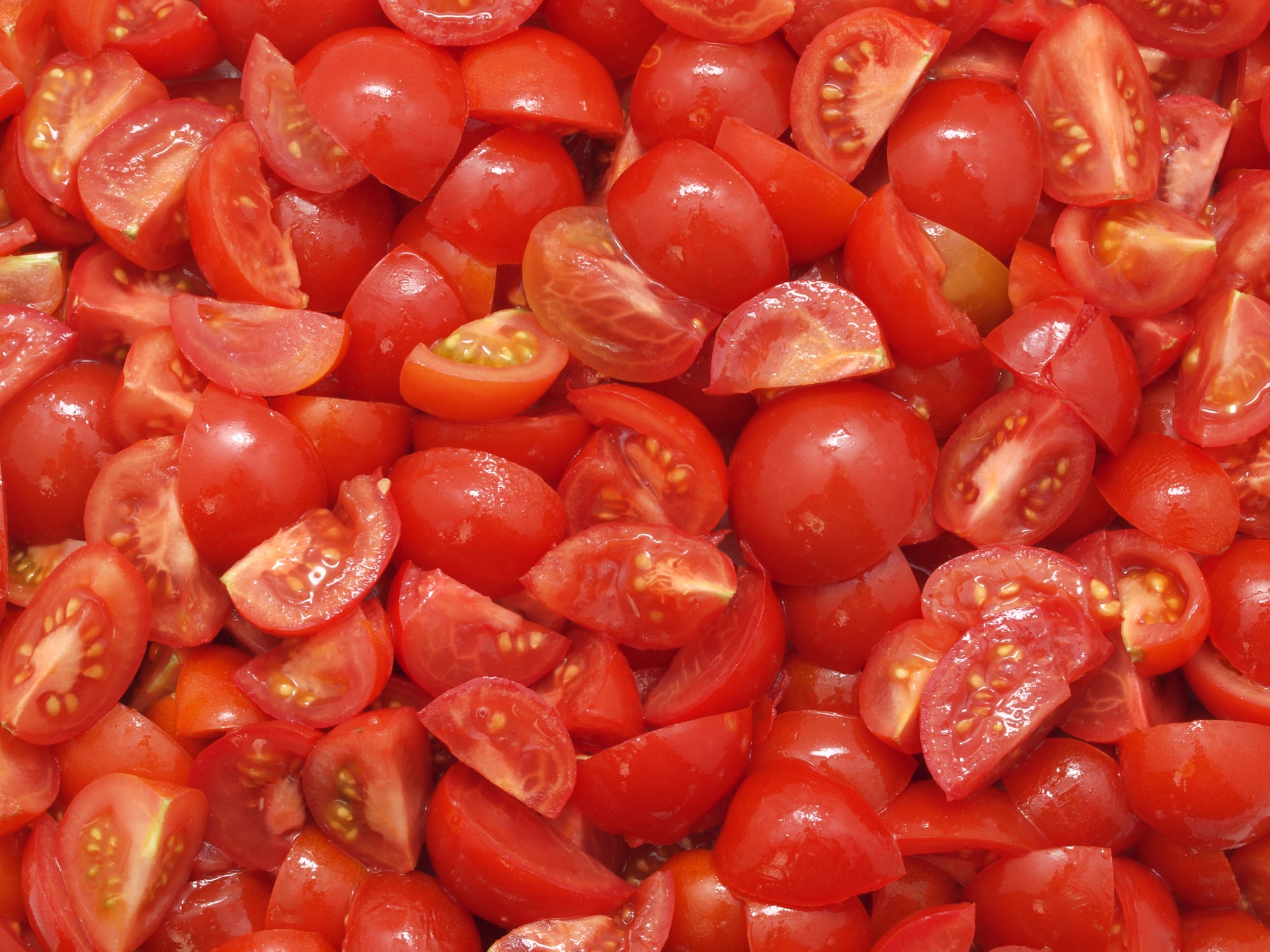In the dynamic world of food manufacturing, staying ahead of the curve is crucial. The industry faces many challenges and the Department for Business and Trade (DBT) plays a pivotal role in supporting food and drink companies in the UK, helping them grow, innovate, and expand their reach both domestically and internationally.
Through export assistance, events, webinars and regional initiatives, DBT ensures that businesses have the resources and guidance they need to succeed. By leveraging these opportunities, food and drink companies can grow their operations, drive innovation, and expand their reach internationally, contributing to the UK’s reputation for excellence in the food and drink industry.
Export support
Across the international stage, the UK has a strong reputation for producing high quality food and drink products, and DBT helps businesses capitalise on this by facilitating global trade. DBT offers expert guidance, tools and services to help companies navigate the complexities of exporting.
Whether you’re new to selling internationally or have been doing it for years, DBT’s free guidance, tools and services can help you expand into new markets. Some support depends on what’s right for you and your circumstances. For more information, visit great.gov.uk to:
- Get insights on how to sell oversees and compare international markets
- Create your own action plan online
- Enhance your expertise with training through the UK Export Academy programme
- See how you can grow internationally through digital exporting and e-commerce
- Get tailored expert guidance and answers to trade specific questions
- Contact DBT’s export support team with any questions you have.
DBT has worked with thousands of businesses to enter new markets and grow their international sales.
One such food company is Little Moons. Established in 2008 and developed from an idea concocted by two siblings in their parents’ London bakery, Howard and Vivien Wong’s bite-sized Little Moons mochi balls are now available in a range of flavours in in more than 35 countries.
Little Moons began selling overseas to grow their business, starting with France and expanding to Germany and other European countries.
With exports being a big revenue generator for the business, the founders started to consider markets further afield, including Australia, Singapore, Hong Kong and New Zealand.
The company used DBT’s UK Export Academy (UKEA) to help it break down any challenges they encountered when selling overseas.
Head of new markets at Little Moons, Conor Love, said the sessions were helpful in highlighting what the company was doing well and what they needed to know more about.
He found the ‘Essentials’ sessions particularly great because they “cover such a wide range of basic exporting topics” and were “not too long”, allowing them to dedicate the time they needed to running their business while learning about how to expand their operations.
Using the knowledge gained during these sessions, the company is spreading its reach quickly, gaining access to the UAE and wider Middle East.
Another business to benefit from DBT support is Fentimans which started life in 1905 and had initially only stocked beverages in a range of exclusive stores in the UK. When interest from other buyers across Europe started to come in, the drinks firm appointed its first international head of sales with an aim to increase its international footprint.
At the start of 2022, Fentimans engaged with the UKEA to up-skill its staff on the fundamentals of international trade, with team members completing the Intensive Foundation Series along with a range of topical masterclasses.
Now Fentimans exports to circa 60 markets across the globe, with particular focus on 15 of them due to the size of the category, value chain and consume culture.
Building exporter capability
At this year’s International Food and Drink Event in London, DBT organised a networking and capability building session designed to help businesses start or expand their exporting journey.
A total of 50 companies came together to hear from guest speakers, including Whittard’s of Chelsea and Spice Kitchen, about their experiences in exporting and to have the opportunity to network with others within the industry. DBT was on hand to provide advice and support, and to help build on the success of the ‘Peer-to-Peer’ programme of events last year throughout Scotland, Northern Ireland, Wales and England.
Anthony Mulley, head of development at Marlow Ingredients, helped to host the event and said it highlighted the benefits of accessing international markets.
“Our aim was to illustrate the benefits that export can bring to a business, showcase the best exporter help out there, and engage and learn from others through speed networking, panel discussions and key-note speeches,” said Mulley.
“Peer to peer learning is one of the most effective ways to bridge capability gaps in exporting.”
Business growth service
DBT will soon launch its ‘Business Growth Service’ to make it easier and quicker for SMEs to find government advice and support all under one roof. It will be developed in partnership with small businesses and local and devolved governments across the UK, with locally led delivery at its core, to ensure the service provides the information and resources smaller firms need from government.
Inspired by successful business support agencies internationally, the Business Growth Service will be an integral part of the UK Government’s new ‘Small Business Strategy’ that will be published in 2025. This will also support DBT’s approach to creating a pro-business environment through the UK Government’s Industrial Strategy and growth mission.
Through this service and the other support DBT offers, food and drink companies in the UK can enhance their growth, innovate their products, and expand their reach both domestically and internationally.
As the food manufacturing industry continues to evolve, DBT’s commitment to fostering business growth and excellence can be a crucial asset for anyone operating in the industry.




